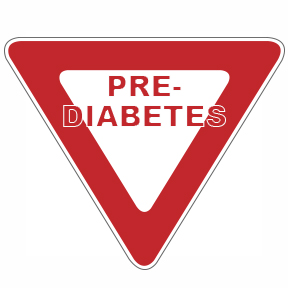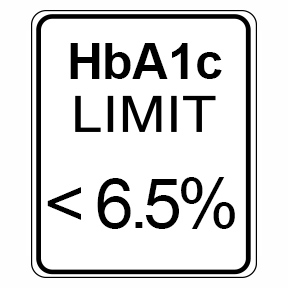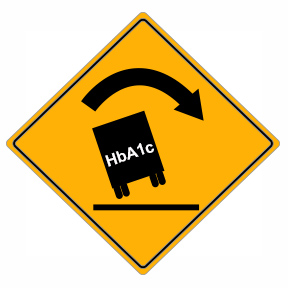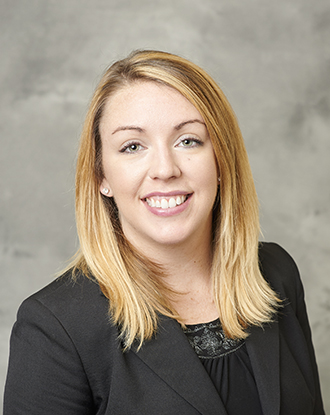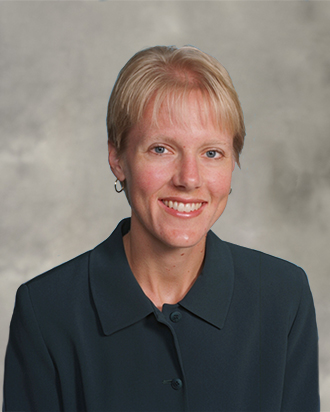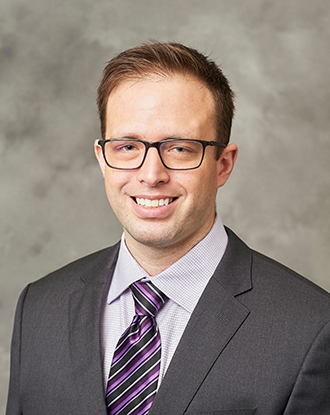Diabetes Care
Diabetes is a condition where your body has trouble turning food into energy. Insulin is the key hormone that helps turn food into energy.
There are several different forms of diabetes, but they all involve something going wrong with your insulin production.
Seven million people live with the disease but don’t know they have it. Another 84 million have prediabetes —a reversible condition that can lead to diabetes if you don’t change course.
Diabetes Classes
The more you know about diabetes, the better you can manage it.
Investing now in your education about diabetes and prediabetes can help you prevent serious complications and allow you to live your best life.

Individual Assessment
Meet with one of our diabetes educators to establish your individual educational needs. Call to schedule before the first class at your clinic.
Diabetes: The Real Deal
Learn survival skills for managing diabetes: how to monitor blood sugar, how to treat highs and lows, and how to help prevent complications. We’ll also go over why medications are prescribed and the basic physiology of diabetes.
The Power of Food
Learn the basic principles of nutrition and how food can help manage diabetes. We’ll review carb counting and label reading as well as healthy food choices and basic meal planning.
Whole Body Health + Food Demo
Learn non-food ways to manage diabetes including physical activity and emotional well-being. We’ll also build on the nutrition principles presented in the previous class with a food demo, where we’ll be creating healthy, balanced (and tasty) meals!
At this time, no diabetes care classes are scheduled for 2022. Please check back as we update this page regularly.
How diabetes works
Download our Diabetes Introduction packet for an overview to the condition.
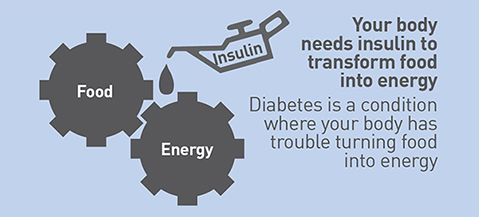
 TYPE 1 DIABETES The pancreas doesn’t produce insulin. |
 TYPE 2 DIABETES Insulin is in short supply or doesn’t work as well (also called insulin resistance). |

PREDIABETES |
There are different maintenance schedules for people with diabetes, people with prediabetes, and healthy people who want to prevent diabetes.
If you want to stay on course around diabetes, follow the recommended maintenance schedule to know when to visit your doctor and what to ask for.
For patients with Diabetes:
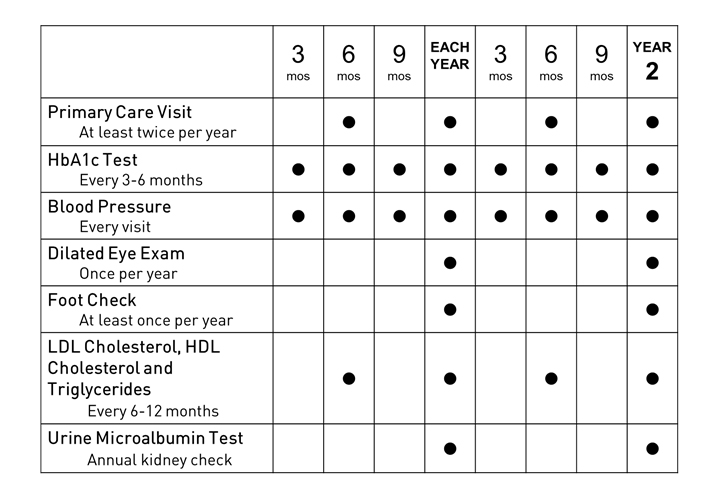
Your diabetes care team will build a personalized relationship with you. They will communicate with you and your other doctors about diagnostic testing, monitoring and disease treatment.
Connecting with your care team may include doctor visits, telephone check-ins, educational classes and nutritional planning.
Your diabetes care team includes:
- Primary care: Your primary care provider manages the majority of your day-to-day needs. They are trained experts who can provide information and who will partner with you to develop a management plan that works for you. You may have telephone or virtual visits to check in on your progress.
- Diabetes specialists:
- Registered dietitians (and certified diabetes educators) who will assist you with healthy food choices and lifestyle changes, an essential part of living with diabetes successfully.
- Clinical pharmacists for medication management and questions about your current medications
- Optometrists and ophthalmologists for regular eye care
- Podiatrists for foot care and preventive checks
- Behavioral therapists to treat depression, which can get in the way of successful self-care.
- Other PacMed medical staff members: These include our nurses and medical assistants. These educators can help you with blood sugar testing, management, coaching, healthy eating choices and much more.
Bring a few things to your diabetes care team visit:
- Your family and friends are an important part of your care team and are invited to join you at any of your appointments and education sessions.
- Your blood sugar levels: We ask that you check and bring your daily blood sugars to this appointment. If you keep a log—bring it with you. If you keep your blood sugars on a meter—bring your meter. If you keep track on a computer—bring a printout.
- You may have more frequent appointments until your blood sugars return to normal.
- What you eat: We need to know the foods you eat and when you eat them in a typical 24-hour day. You can write down everything you eat in a day (including snacks), take pictures of what you eat on your phone or if you keep track on an app, bring in a sample day.
- What exercise you do: We need to know how often you exercise and for how long.
- What medications you might be on (especially if you are new to PacMed).
Regionally respected diabetes care
At PacMed, we are here to support you through your journey with diabetes—whether that means living with it or preventing it. We’ll be with you every step of the way to care for your diabetes as a team.
- Recognized as a Patient Centered Medical Home™ by the National Committee for Quality Assurance (NCQA). The NCQA has given us a 95-point rating (out of 100) for “consistently providing a high level of diabetes care.”
- Among the best in the Northwest. Any primary care provider at PacMed can help you with diabetes. Many providers have also taken steps to earn recognition by the NCQA, as part of an elite group of professionals who demonstrate the highest possible level of care for their patients with diabetes.
- Accredited. Our diabetes education program, featuring the team below, is accredited by the American Association of Diabetes Educators.



